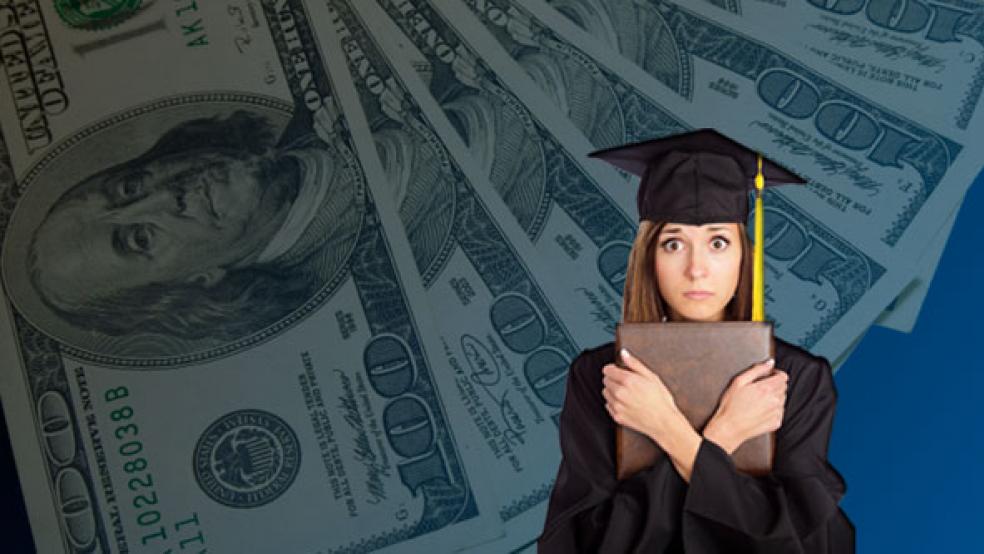The U.S. Senate on Thursday thwarted two rival bills aimed at stopping interest rates on millions of federal student loans doubling in less than a month.
The defeat of the Democrat and Republican bills will likely lead to a partisan showdown ahead of the July 1 deadline. Both sides agree student loan rates shouldn't go up. They remain gridlocked on a way to avert that.
RELATED: Your Guide to the Looming Battle Over Student Loans

A Republican plan to switch to a market-based interest rate system and a Democratic bill to extend the current lower rates for another two years failed to each garner the 60 votes needed to advance.
Student loan debt in America now surpasses $1 trillion, according to the U.S. Consumer Financial Protection Bureau, and is already hindering young people from making important economic decisions such as purchasing new homes or cars.
Last year lawmakers agreed to extend a previous rate-increase freeze on student loans for another year. Unless Congress comes to an alternative agreement, interest rates will double to 6.8 percent on July 1, adding an extra $1,000 to borrowers' payments every year.
The Comprehensive Student Loan Protection Act, a bill introduced by Republican Senators Tom Coburn of Oklahoma, Richard Burr of North Carolina and Lamar Alexander of Tennessee, would have pegged the interest rates to the U.S. Treasury 10-year rate, plus 3 percentage points.
Democrats say that plan would only hurt borrowers by causing them to pay higher rates in the future as the economy recovers and interest rates climb.
"A proposal that increases the debt load of students and families is no solution at all," said Democratic Representative George Miller of California in a statement before the vote.
The Democrat bill introduced by Tom Harkin of Iowa, Jack Reed of Rhode Island, and Majority Leader Harry Reid of Nevada would have frozen interest rates on subsidized Stafford student loans at their current 3.4 percent for two more years.
Democrats said their plan would protect borrowers and give lawmakers time to work on a more comprehensive, long-term solution. Republicans, such as Senate Republican leader Mitch McConnell of Kentucky say any solution should be a permanent one, rather than a "short-term political patch."
Burr said Republicans want to provide a predictable mechanism to set interest rates for students, rather than returning to the table every year. "Congress shouldn't be sitting in Washington deciding with a dartboard what student loan interest rates should be," he said.
Another Republican market-based bill remains on the table after passing in the House of Representatives last month. Under that plan, subsidized and unsubsidized Stafford loans would be recalculated every year and indexed to 10-year Treasury notes, plus 2.5 percentage points. This variable rate plan caps the interest rates at 8.5 percent for Stafford loans. This bill faces opposition in the Senate, which is led by Democrats who say it only raises the cost of going to college and unfairly targets families in the Republican quest to fund the deficit.
President Barack Obama has also proposed a market-based plan. Under his proposal the borrowing rates would remain fixed for the life of the loan. Obama's plan does not include any caps, which critics say exposes borrowers to the risk of paying significantly higher rates in the future.
This article is by Elvina Nawaguna of Reuters.




